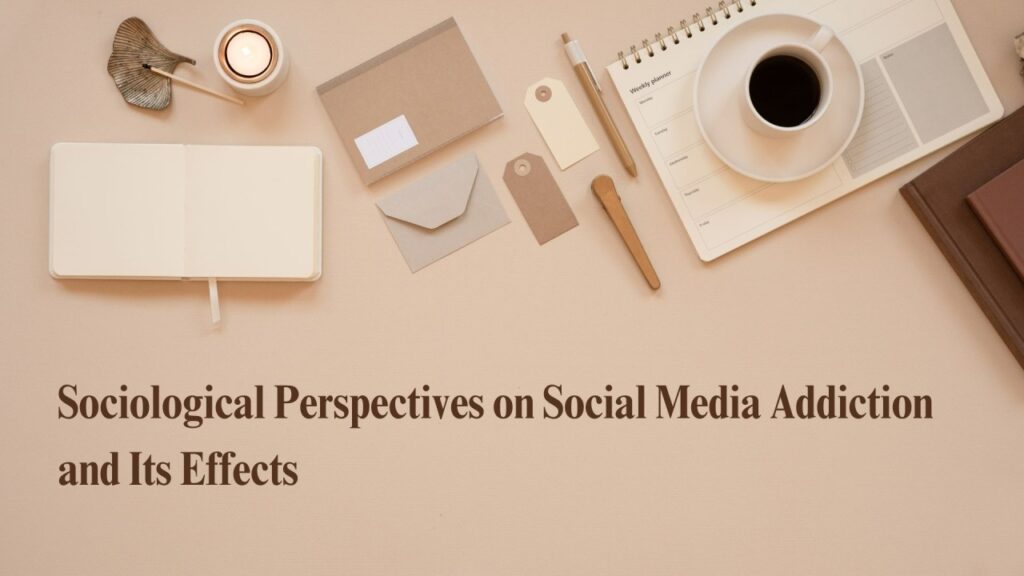In today’s interconnected world, where information flows rapidly through digital channels, crowdsourcing has emerged as a powerful tool that influences public opinion and decision-making processes. This innovative approach leverages the collective wisdom and diverse perspectives of large groups of people to solve problems, generate ideas, and even shape policies. Let’s delve into how crowdsourcing is redefining public discourse and decision-making in various spheres.
What is Crowdsourcing?
Crowdsourcing involves outsourcing tasks or seeking contributions from a large group of people, typically online, to achieve a collective result. It harnesses the collective intelligence, creativity, and knowledge of individuals who voluntarily contribute their ideas, opinions, or efforts towards a common goal. This concept has gained traction across sectors ranging from business and academia to governance and social activism.
Crowdsourcing and Public Opinion
One of the most profound impacts of crowdsourcing is its ability to amplify and reflect public opinion on diverse issues. Platforms like social media, online forums, and dedicated crowdsourcing websites serve as virtual town halls where individuals express their views, share experiences, and participate in discussions that shape public narratives. For instance, during political campaigns, hashtags and digital polls on social media platforms provide real-time insights into voter sentiments and preferences, influencing campaign strategies and policy agendas.
Example: In the 2016 U.S. presidential election, social media platforms played a pivotal role in shaping public opinion and mobilizing voters through crowdsourced campaigns and online debates.
Crowdsourcing in Decision Making
Beyond influencing public opinion, crowdsourcing has democratized decision-making processes by involving stakeholders directly in policy formulation, product development, and community initiatives. Organizations and governments increasingly rely on crowdsourcing to gather feedback, solicit ideas, and co-create solutions that are responsive to diverse needs and preferences.
Example: The city of Helsinki, Finland, launched an initiative called “Demos Helsinki,” where residents participate in crowdsourcing platforms to propose and prioritize local projects, ranging from urban planning to sustainability initiatives.
Crowdsourcing and Crisis Response
During crises such as natural disasters or public health emergencies, crowdsourcing platforms enable rapid mobilization of resources, coordination of relief efforts, and dissemination of critical information. Citizens can report incidents, offer assistance, and collaborate with authorities and relief organizations to address urgent needs effectively.
Example: The Ushahidi platform, initially developed to map reports of violence in Kenya, has been adapted globally for crisis mapping during disasters like earthquakes and hurricanes, demonstrating the power of crowdsourcing in humanitarian response.
Ethical Considerations and Challenges
While crowdsourcing offers numerous benefits, it also raises ethical considerations regarding data privacy, inclusivity, and the reliability of information sourced from anonymous contributors. Ensuring transparency, safeguarding personal data, and addressing biases are critical to maintaining trust and credibility in crowdsourced initiatives.
Future Directions and Innovations
Looking ahead, advancements in artificial intelligence (AI) and machine learning are poised to enhance the capabilities of crowdsourcing platforms, enabling more sophisticated analysis of large datasets and predictive modeling. Moreover, blockchain technology holds promise for ensuring transparency and accountability in crowdsourced projects by securely recording contributions and transactions.
Conclusion
In conclusion, crowdsourcing has revolutionized public engagement, decision making, and crisis response by harnessing the collective intelligence and creativity of diverse communities. From influencing public opinion on social issues to co-creating innovative solutions, crowdsourcing exemplifies the democratization of knowledge and participation in the digital age. As we navigate the complexities of our interconnected world, understanding and harnessing the potential of crowdsourcing will continue to shape how we address challenges and make decisions that impact society at large.
Through its dynamic and inclusive nature, crowdsourcing not only amplifies individual voices but also fosters collaborative efforts towards building a more informed, responsive, and equitable global community.






